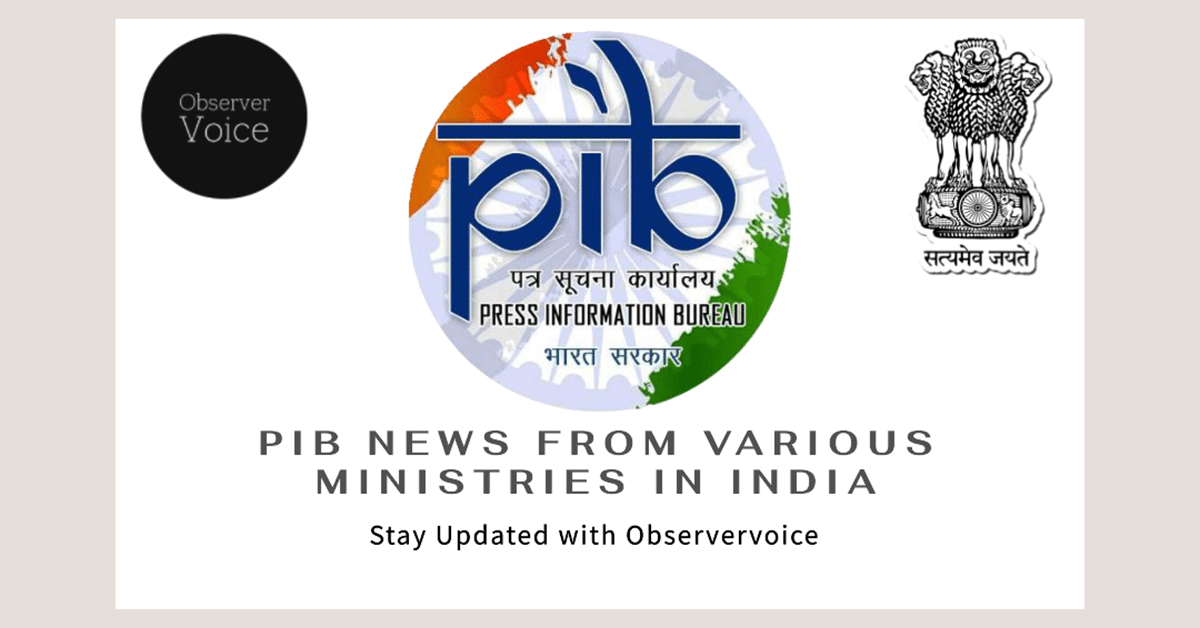Celebrating Tribal Heritage: Janjatiya Gaurav Divas

The CSIR-National Institute of Science Communication and Policy Research (CSIR-NIScPR) recently celebrated Janjatiya Gaurav Divas and Janjatiya Gaurav Varsh on November 26, 2024. This event marked the 150th birth anniversary of Birsa Munda, a prominent tribal leader and freedom fighter. Born in 1875 in Ulihatu, Ranchi, Birsa Munda dedicated his life to fighting against British colonial rule and advocating for the rights of tribal communities. His legacy continues to inspire efforts to uplift tribal populations in India. The Janjatiya Gaurav Divas serves as a reminder of the significant contributions of tribal communities to India’s heritage and development.
Honoring Birsa Munda’s Legacy
The celebration began with a tribute to Birsa Munda, highlighting his role in India’s struggle for independence. Dr. Yogesh Suman, Chief Scientist at CSIR-NIScPR, delivered an insightful introduction about Munda’s life and contributions. He emphasized the importance of recognizing the tribal population’s role in preserving India’s cultural heritage. Dr. Suman also discussed the government’s initiatives aimed at improving the livelihoods of tribal communities. Programs such as the CSIR Aroma Mission, Unnat Bharat Abhiyaan, and the Heeng Cultivation Project were highlighted as key efforts to integrate tribal populations into mainstream society.
These initiatives not only focus on economic upliftment but also aim to empower tribal communities by providing them with the necessary resources and training. The celebration of Janjatiya Gaurav Divas serves as a platform to raise awareness about the challenges faced by tribal populations and the need for continued support from the government and society.
The Impact of CSIR Aroma Mission
Dr. Suman Ray, Principal Scientist at CSIR-NIScPR, presented findings from a study on the socio-economic impact of the CSIR Aroma Mission on tribal communities. She explained how the mission introduced new cash crop varieties to farmers, significantly increasing their income. The study revealed that farmers who adopted these new crops saw their earnings double. Training programs and the installation of distillation units played a crucial role in this transformation.
Dr. Ray shared a compelling example of lemon grass cultivation in the tribal areas of Annamalai Tiger Reserve in Tamil Nadu. The introduction of new crop varieties led to improved oil quality and higher yields. A testimonial video showcased farmers expressing gratitude for the mission’s impact on their livelihoods. The Aroma Mission has benefited over 400 tribes across 37 clusters in India, empowering them with cash crops like Menthan, Rosagrass, Lavender, and Wild Marigold.
Addressing Challenges Faced by Tribal Communities
During the event, participants engaged in discussions about the challenges tribal communities continue to face. Issues such as water scarcity, high costs of fertilizers and pesticides, and limited access to healthcare and education were highlighted. The remote locations of many tribal areas make it difficult for residents to access essential services. Additionally, the lack of distillation units hampers the potential for economic growth.
Sh. R.K.S. Roushan, Controller of Administration at CSIR-NIScPR, concluded the event by emphasizing the need for technological interventions to support tribal communities. He stressed that addressing these challenges is crucial for the sustainable development of tribal populations. The discussions underscored the importance of collaboration between government agencies, researchers, and tribal leaders to create effective solutions.
Observer Voice is the one stop site for National, International news, Sports, Editor’s Choice, Art/culture contents, Quotes and much more. We also cover historical contents. Historical contents includes World History, Indian History, and what happened today. The website also covers Entertainment across the India and World.

